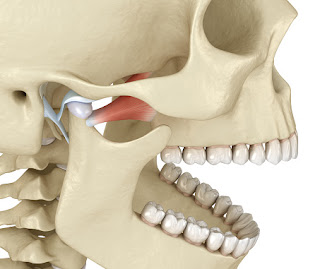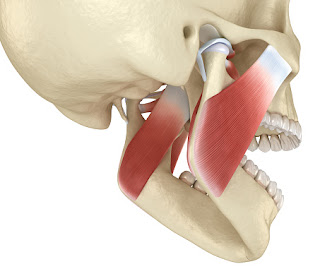The Truth About TMJ
The temporomandibular joints open, close, and move the jaw. These joints are under pressure from chewing, talking, and other motions. That means they are also a common source of pain, and muscle and joint problems. Chronic temporomandibular joint pain warrants a trip to the doctor or dentist to assess the cause.
The following are the TMJ cause and treatments, keep reading.
There are different causes of TMJ disorder, including arthritis or a jaw injury. But if TMD is related to tightness and imbalance in the TMJ muscles because of clenching, a professional jaw massage might be what the doctor ordered. Teeth grinding often plays a role, as does a habit of tensing the joint without realizing.
TMJ problems often cause the following symptoms:
Pain, particularly in the chewing muscles or jaw joint or an ache around your ear
Limited movement or locking of the jaw.
Pain in the face, neck, or shoulders, or near the ear.
Clicking, popping, or grating sounds when opening your mouth.
Trouble chewing.
Headache.
A sudden change in the way your upper and lower teeth fit together.
Also, sometimes earaches, dizziness, and hearing problems.
Here are some ways that can help you restore the natural movement of your jaw and relieve chronic TMJ pain. Based on your condition, your therapist will select treatments that will work best for you. Your treatments may include:
Posture Education. If you sit with your head in an increased forward position, you are placing greater strain on the muscles beneath your chin, causing the lower jaw to pull back and the mouth to be in an open position even when resting, increasing stress on the TMJ.
Improving Jaw Movement. Physical therapists use skilled hands-on techniques to gently increase movement and relieve pain in tissues and joints.
Special Pain Treatments. If your pain is severe, your physical therapist may provide treatments, such as electrical stimulation or ultrasound to reduce it.
Referral to a Dentist. If your TMD is caused by teeth alignment problems, your physical therapist can refer you to a dentist who specializes in TMD.
For many individuals, mild and even moderate cases of TMJ will go away with little or no treatment. Resting the jaw and reducing stress and triggers can alleviate the discomfort associated with TMJ but using medications during TMJ flare-ups can minimize unwanted pain during the rest and healing process.




Comments
Post a Comment